JAŠIŪNŲ FACTORY HISTORY

Mykolas Balinskis (in Polish Michał Baliński)
History of the factory in Jašiūnai
At the end of the 19th and the beginning of the 20th centuries, Jašiūnai was one of the most important centers of industrial enterprises and technological progress in Southeastern Lithuania. The owners of the Jašiūnai Manor, the Balinski family, who had acquired the estate from the Radziwiłł family, recognized the significance of industry early on and began establishing workshops, factories, and plants.
One of these factories, a distillery, began operations in 1904 when the manor's owner, Mykolas Balinskis, requested a commission to accept the newly built vodka distillery for operation. This request, found in the archives of the Vilnius University Library, marks the founding year of the distillery. In 1906, on August 27, representatives of the Jašiūnai Distillery approached the Vodka Distillation Supervision Committee under the Vilnius Agricultural Society, requesting the establishment of a more precise production rate for one bucket of 40-degree alcohol. They also inquired about that year's potato harvest. These were the initial steps that led to the production of alcohol, which continued until 1959.
It is believed that during World War II, the distillery could produce about 85,000 liters of pure alcohol per season. The produced vodka had an approximate strength of 30 degrees. The Balinski family maintained ownership of the manor until 1939, departing on September 18 of that year, when the Soviet Red Army entered Jašiūnai. In 1959, the production of spirit vinegar began, continuing the traditions to this day.
The development of the VINEGAR FACTORY
1904 m.
A distillery is constructed and begins operations according to the approved project.
1959 m.
The Jašiūnai Distillery starts producing spirit vinegar.
1993 m.
The distillery is privatized and becomes the property of Actas Joint Stock Company.
1996 m.
The company expands its vinegar product range, introducing natural spirit vinegar with spices, natural apple vinegar, natural white wine vinegar, and marinade.
2009 m.
With the support of EU structural funds, the company installs a new automated vinegar bottling line.
2016 m.
Production of balsamic vinegar and creamy balsamic sauce begins. Additionally, two new buildings totaling 1,800 m² are constructed for production and storage purposes.
2017 m.
The company undergoes a modernization of its production processes, installing a modern vinegar bottling technological line with a bottle-blowing machine. An innovative "Drive-in" mechanized warehouse racking system is implemented in the storage facilities.
2020 m.
An automatic deep fermentation technology line is introduced, enabling the fermentation of alcohol to a 20% acidity level. The modern digital manufacturing technology allows the automation of production processes, facilitating the integration of both new and existing equipment into a unified automated production control system.





